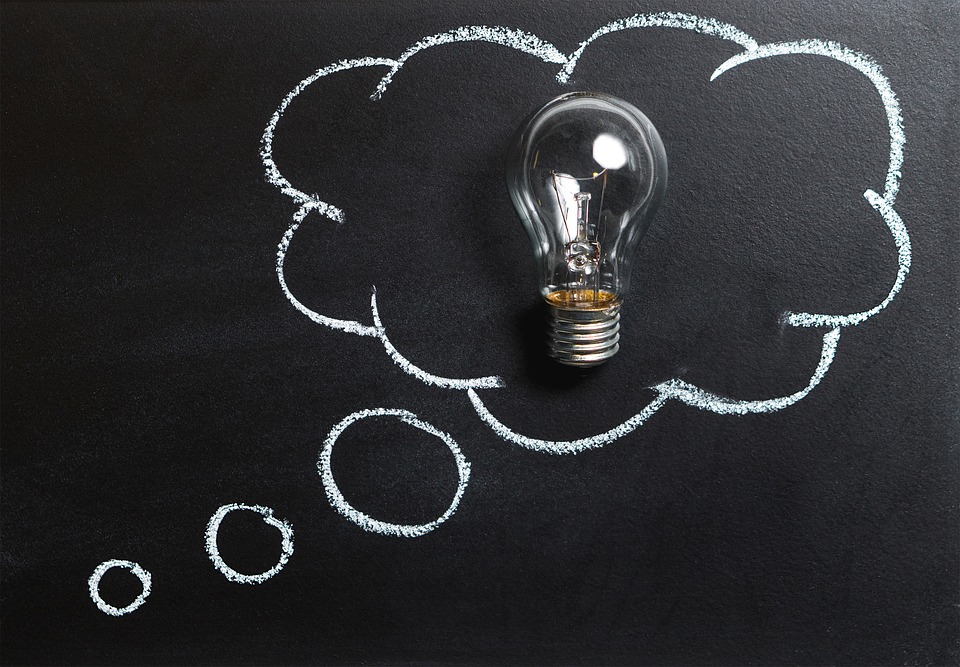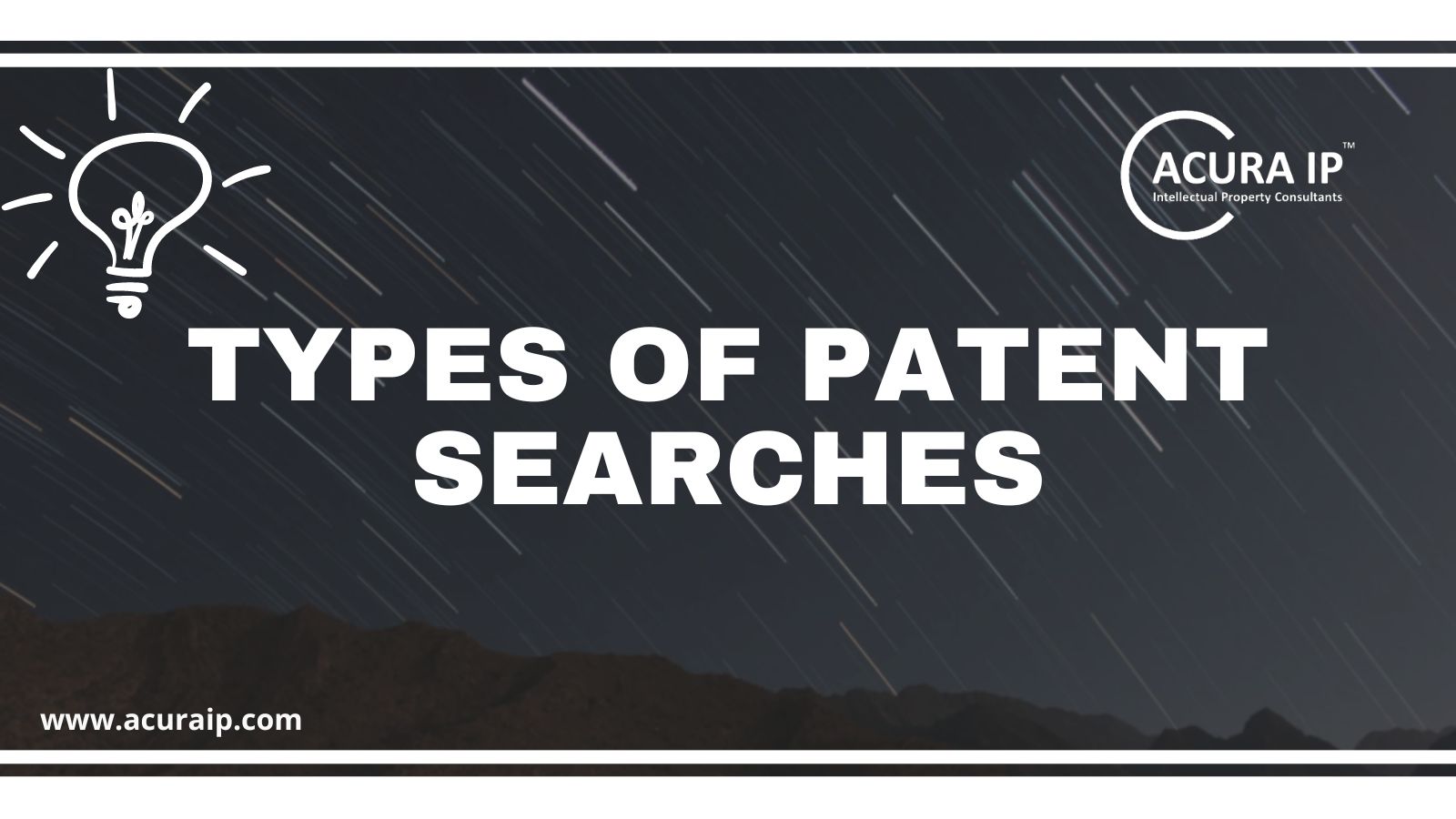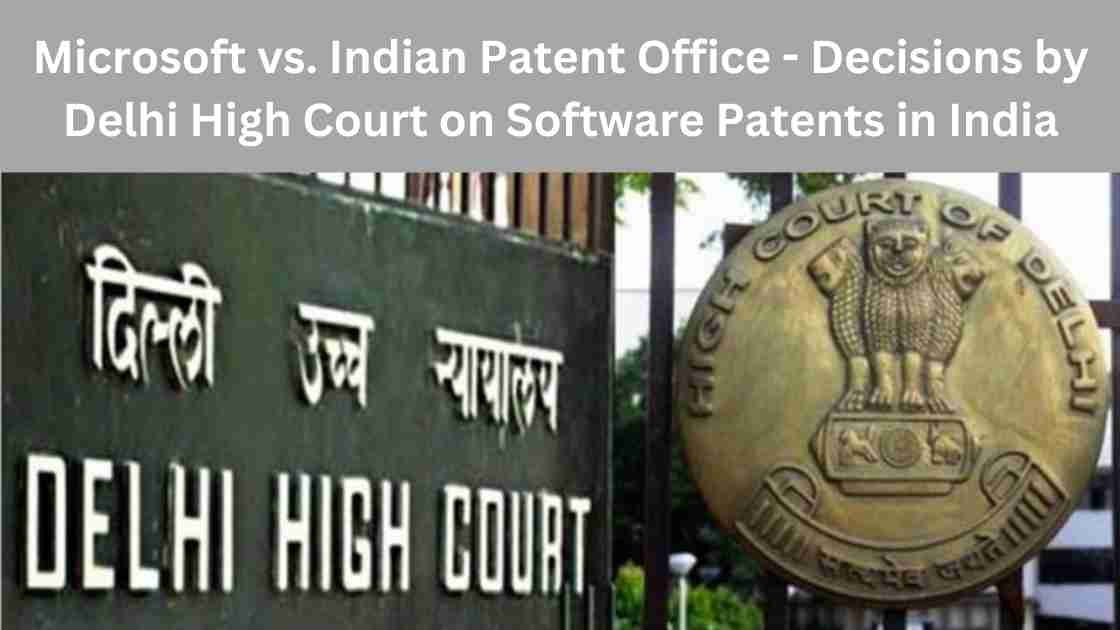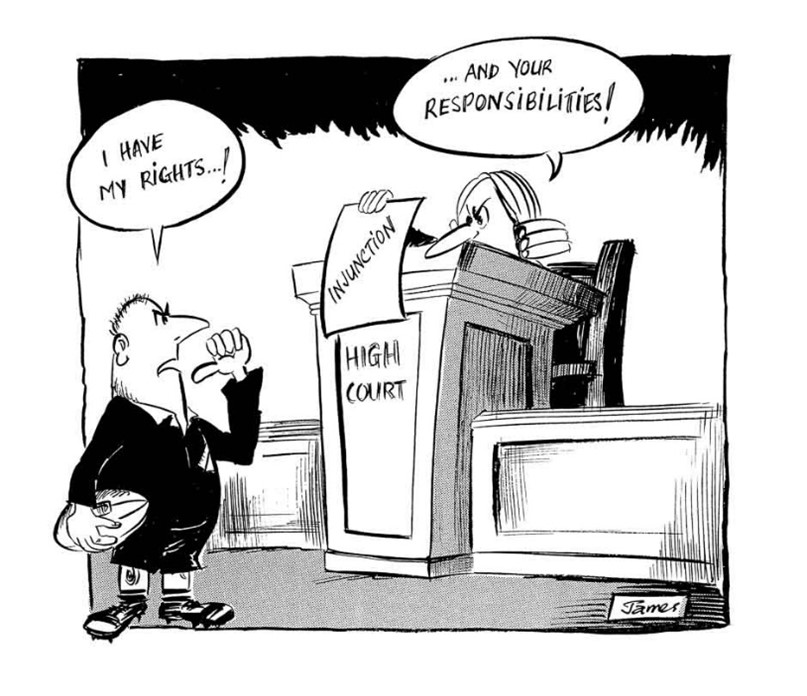
PATENT LAW 101: THE BASICS
Before we begin, kindly note that this article is focused solely on those readers who do not have any idea about patents.
So, what are patents? Why are people talking about them so much? Let’s try to understand some basics of what patents are and why they are important.
What is a patent?
A patent is an exclusive right granted for an invention. The invention may be a product or a process that provides a new way of doing something.
What are the exclusive rights?
A patent owner can restrict others from using their invention. He has exclusive rights to use, sell, offer for sale, and import that invention. He can also license his rights to a third party for monetary benefits.
Can I patent any “new” invention?
There are certain conditions for granting patent rights for an invention. The conditions may vary with each country, but generally, most countries adhere to some common principles. The conditions include:
- The invention must be “novel”, i.e. the idea or the problem solved by the invention shall not be known to the public.
- The invention must involve an “inventive step”, i.e. a person having ordinary skill in that technical field must not be able to deduct the solution offered by the invention using existing knowledge.
- The invention must have an “industrial application”, i.e. the invention must be useful to the public.
- The invention must be explained in a clear and concise manner in a “patent document”. A person ordinarily skilled in the art must be able to recreate the invention based on the information provided in the patent document.
- The subject matter of the invention must not be excluded under the law of that country. While this condition varies from one country to another, subject matter such as scientific theories, aesthetic creations, mathematical and business methods, plant or animal varieties, discoveries of natural substances, methods for medical treatment, computer programs as such, etc are generally not patentable.
Is a patent obtained in one country valid across the world?
No, patent rights are restricted to the country in which the patent was obtained. Nevertheless, there are ways to obtain patent rights in multiple countries by filing a single application known as a Patent Cooperation Treaty (PCT) Application.
How long does patent protection last?
Patent rights last for a period of 20 Years.
How does a Patent help my business?
A patent right provides exclusive rights for the owner to prevent others from using the protected invention. The options available for a patent owner include:
- Make, use, sell, offer to sell, or import the patented process or product and stop others from doing so.
- Legal protection against any form of infringement.
- License the patent right to any other person or business for royalty.
- Use the terms “Patent Pending” or “Patent Protected” on the product, brochures, etc.
- Patents increase the value of companies substantially from an investor’s point of view.
What are some examples of Patents?
Some well-known Patents include:
There are millions of patents being filed worldwide every year. The scope of patents is very wide and at the same time restrictive to certain legal conditions as well. Software for example is one controversial topic when it comes to patent (more details included in the next blog post) protection since it’s prone to blatant misuse. Another controversial field is the one dealing with medicinal drugs, companies investing Billions in Research and Development try to get the most out of the successful drugs. Many times, this leads to non-availability of drugs to the poor and eventual litigation (Novartis v. Union of India case in India is a classic example).
Patents have a bunch of advantages as far as an inventor is concerned. Like they say, an idea can change your life. But if you do not patent the same, it might change the life of somebody else who copied your idea.
Have more queries? Write to us at [email protected].
Click here to access the patents FAQs collated World IP Organization.

Recent FAQs Published by the Indian Patent Office on Form 27
The Indian Patent Office recently released a comprehensive FAQ document…

A Comprehensive Guide to Patent Searches: Types, Examples, and When to Use Them
Patent searches are a crucial aspect of the patenting process.…

Microsoft vs. Indian Patent Office – Decisions by Delhi High Court on Software Patents in India
The part of this series focuses on the…

Case in Point: Sun Pharma Ltd vs. DWD Pharma Ltd
Case in Point is a new series where…
Categories
Recent Discussions
Recent FAQs Published by the Indian Patent Office on Form 27
The Indian Patent Office recently released a comprehensive FAQ document regarding Form 27, aimed at clarifying the requirements and procedures for patentees and…
Recent Discussions
A Comprehensive Guide to Patent Searches: Types, Examples, and When to Use Them
Patent searches are a crucial aspect of the patenting process. Whether you're an inventor, entrepreneur, or a legal professional, understanding the different types…


